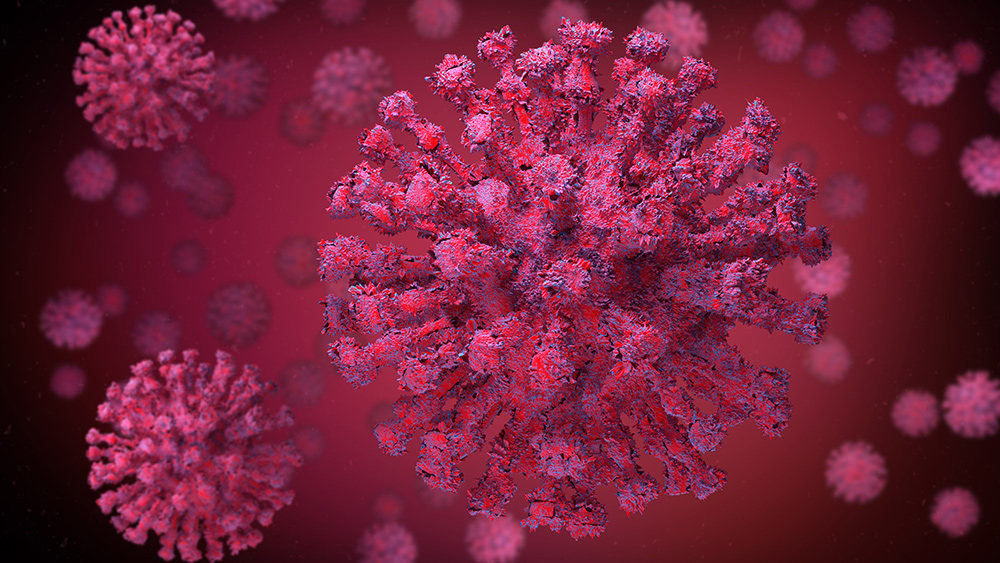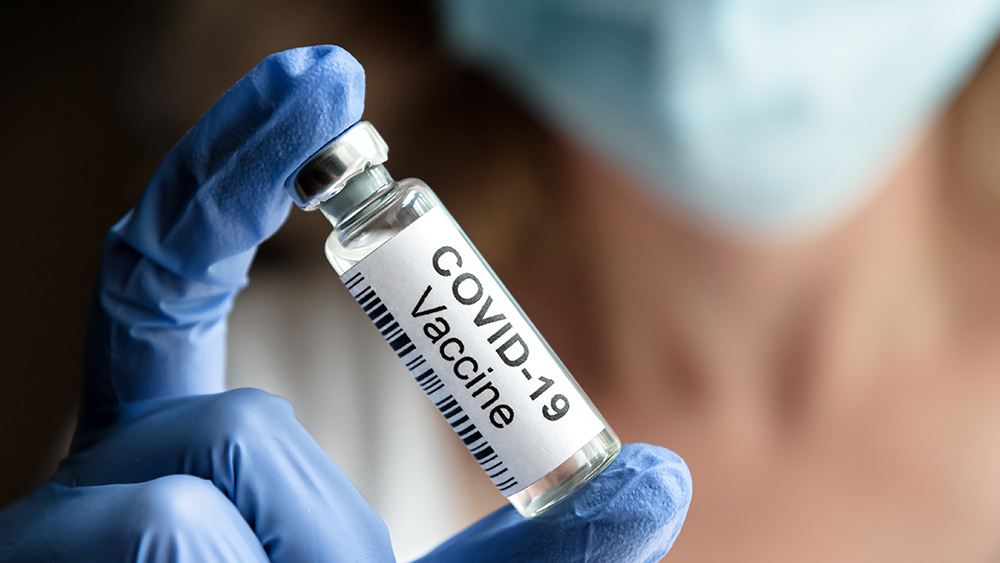Genetics and reproductive health: Researchers have identified a new cause of female infertility
01/11/2024 / By Zoey Sky

A research team from China may have identified a new cause of female infertility. Their breakthrough study was published in the journal Development.
Infertility affects an estimated 48 million couples worldwide, and at least one in five women in the U.S. are infertile. In one to two percent of cases, the problem is due to the ovaries’ failure to release an egg.
Eif4enif1, ovaries and female infertility
The study revealed that changes in the gene Eif4enif1 could cause ovarian problems that can make conception almost impossible.
Scientists from Tsinghua University in China reported that one characteristic genetic change causes a problem with egg cells that prevents the ovaries from regularly releasing eggs.
Professor Kehkooi Kee, the study’s lead researcher, noted that the connection between Eif4enif1 and mitochondria had not been identified before.
Medically, problems with the production and release of eggs are known as primary ovarian insufficiency and premature ovarian insufficiency. The term premature refers to the fact that the trouble occurs before menopause, which is when ovulation naturally stops in women. (Related: Dr. Steve Hotze: Hypothyroidism is often the cause of female infertility and pregnancy complications.)
How genetic changes affect human fertility
In 2019, the Chinese researchers discovered a family with premature ovarian insufficiency who all had changes in the Eif4enif1 gene. The researchers then reproduced this genetic change in animal subjects to find out how it impacts fertility.
The researchers then compared the fertility of the mice with abnormal Eif4enif1 with that of normal mice. They found that the aberration in Eif4enif1 caused a characteristic pattern of changes in the mice’s egg mitochondria.
The average number of total follicles — the tiny sacs on the surface of ovaries — which contain developing eggs was reduced by at least 40 percent in older and genetically edited mice. The average number of baby mice in every litter also decreased by one-third.
When grown in a dish, the researchers found that at least 50 percent of the fertilized eggs did not survive beyond the early stages of development.
When the research team studied eggs from the less fertile mice under a microscope, they discovered that the mitochondria were not spread evenly throughout the egg as they should be. Instead, the mitochondria were clustered together.
This suggests that the misbehaving mitochondria were somehow responsible for the mice’s infertility.
The researchers believe that restoring proper mitochondrial behavior could improve fertility.
The research team said that they will next try to find out if the same mitochondrial defects are also present in the eggs of humans with infertility problems. They hypothesized that gene-editing drugs could be developed to address that specific problem in order to help infertile women.
Visit WomensHealth.news for more stories about pregnancy, infertility and women’s health.
Watch the video below to learn how vaccines are linked to infertility and stillbirths.
This video is from the High Hopes channel on Brighteon.com.
More related stories:
Modern dangers: EMFs linked to miscarriage and fertility issues.
Reproductive epidemiology expert: Half of all men will have a sperm count of ZERO by 2050.
Birth control vaccine that may leave women permanently sterile now in clinical trials.
Sources include:
Submit a correction >>
Tagged Under:
breakthrough, discoveries, Eif4enif1, Fertility, genes, genetic lunacy, genetics, health science, infertility, pregnancy, pregnancy issues, real investigations, research, women's health
This article may contain statements that reflect the opinion of the author
RECENT NEWS & ARTICLES
HealthScience.News is a fact-based public education website published by Health Science News Features, LLC.
All content copyright © 2018 by Health Science News Features, LLC.
Contact Us with Tips or Corrections
All trademarks, registered trademarks and servicemarks mentioned on this site are the property of their respective owners.



















